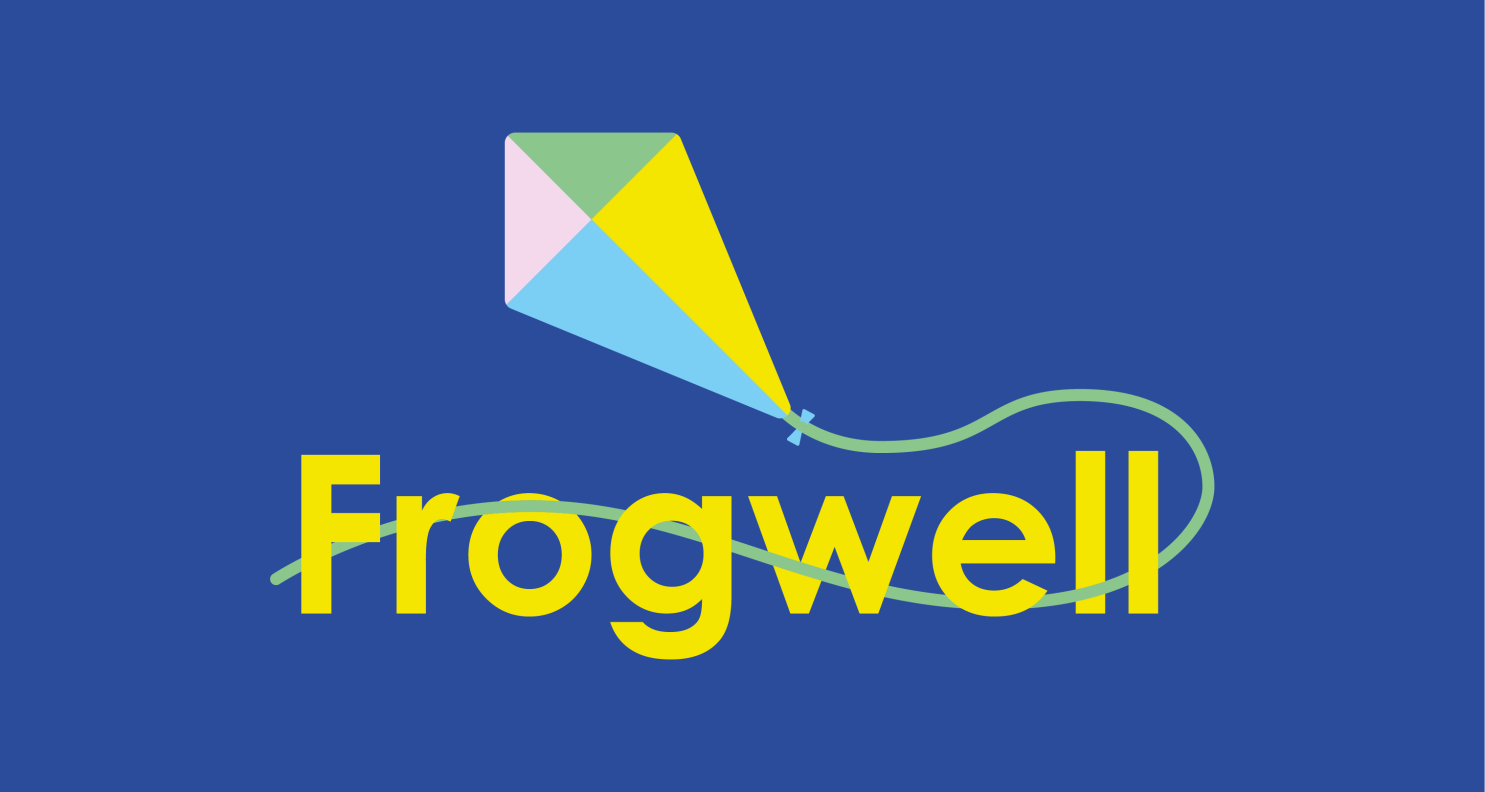History
What does History at Frogwell offer our children?
At Frogwell school we believe that the teaching of History enables children to develop a context for their growing sense of identity and a chronological framework for their knowledge of significant events and people. We intend to ignite children’s curiosity about the past in Britain and the wider world, how and why the world, our country, culture and local community have developed over time, with a deepening understanding of how the past influences the present.
Our curriculum enables children to develop a chronological understanding of British history, having opportunities to draw comparisons with the achievements of the earliest civilizations, study the non-European societies of Mayan civilization, Ancient Egypt and the influence of Ancient Greece on the wider world. Our curriculum also makes links to our wider local area where children develop an understanding of the rich history around them, our town of Chippenham.
We believe that at our children are entitled to a high-quality History education where the curriculum facilitates them to develop transferable skills, whilst developing a deeper understanding of the key concepts, recall of key information and historical facts. This is achieved through the analysis and interpretation of a range of information sources and continual questioning opportunities. Our history curriculum is aspirational for all children and the skills they learn enable them to develop their perspective and judgement both as historians and global citizens.
What are the main aims of our History curriculum?
The National Curriculum for History aims to ensure that all pupils:
- know and understand the history of these islands as a coherent, chronological narrative, from the earliest times to the present day: how people’s lives have shaped this nation and how Britain has influenced and been influenced by the wider world
- know and understand significant aspects of the history of the wider world: the nature of ancient civilisations; the expansion and dissolution of empires; characteristic features of past non-European societies; achievements and follies of mankind.
- gain and deploy a historically grounded understanding of abstract terms such as ‘empire’, ‘civilisation’, ‘parliament’ and ‘peasantry’.
- understand historical concepts such as continuity and change, cause and consequence, similarity, difference and significance, and use them to make connections, draw contrasts, analyse trends, frame historically-valid questions and create their own structured accounts, including written narratives and analyses.
- understand the methods of historical enquiry, including how evidence is used rigorously to make historical claims, and discern how and why contrasting arguments and interpretations of the past have been constructed.
- gain historical perspective by placing their growing knowledge into different contexts, understanding the connections between local, regional, national and international history; between cultural, economic, military, political, religious, and social history; and between short- and long-term timescales.
How is the teaching of History organised?
In EYFS, History is not taught as a discrete subject. Children will have opportunities to understand the past through settings, characters and events encountered in books read in class, role play and artifacts. They will develop understanding and knowledge in the areas of ‘Understanding of the World; People and Communities, the World and Technology’ in preparation for the Year 1 curriculum.
In Years 1-6, History is taught in 3 blocks across the year. The Kapow Scheme of work is used to ensure that topics are carefully planned and are chronologically progressive so that children develop a secure knowledge. Teachers ensure that they are informed by children’s starting points and throughout the topic teachers conduct regular retrieval practice to ensure knowledge is revisited and gaps in knowledge, bridged. All children have access to Knowledge organisers throughout the topic, used as a valuable tool which sets out the expectations for what children will learn, key information, dates, diagrams, and key vocabulary.
In the Complex Needs Resource Base, History is taught through a topic-based approach, and attainment is measured in small steps. Children have opportunities to develop understanding of the concepts of past and present and change over time through stories, role play and experiential learning.
